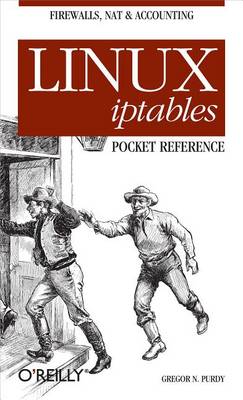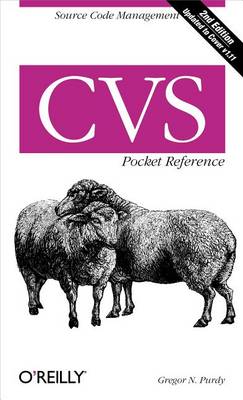Pocket Reference (O'Reilly)
2 total works
Firewalls, Network Address Translation (NAT), and network logging and accounting are all provided by Linux's Netfilter system, also known by the name of the command used to administer it, iptables. The iptables interface is the most sophisticated ever offered on Linux and makes Linux an extremely flexible system for any kind of network filtering you might do. Large sets of filtering rules can be grouped in ways that makes it easy to test them and turn them on and off. Do you watch for all types of ICMP traffic--some of them quite dangerous? Can you take advantage of stateful filtering to simplify the management of TCP connections? Would you like to track how much traffic of various types you get? This pocket reference will help you at those critical moments when someone asks you to open or close a port in a hurry, either to enable some important traffic or to block an attack. The book will keep the subtle syntax straight and help you remember all the values you have to enter in order to be as secure as possible. The listings of all iptables options are divided into those suitable for firewalling, accounting, and NAT.
The beauty of open source is that it makes code freely available. The curse is that, without some method of organizing it, code development can devolve into chaos. CVS, the Concurrent Version System, is an open source tool for managing source code, designed to allow multiple users to work on the same file at the same time, using a shared directory. Under CVS, multiple users can check out files from a directory tree, make changes, and then commit those changes back into the directory. The "CVS Pocket Reference" is a quick reference guide to help administrators and users set up and manage source code development. This small book delivers the core concepts of version control along with a complete command reference and guide to configuration and repository set up. The book includes: a version control primer that teaches the general concepts of version control and how it applies to CVS; instructions on how to install and configure CVS for Unix-like operating systems; administrator and user sections, with complete listings of their respective commands and options for configuring and using CVS; and details on how to import files from RCS and SCCS directories into CVS.
This Pocket Reference covers the latest version of CVS (1.10.8) and is a companion for open source developers.
This Pocket Reference covers the latest version of CVS (1.10.8) and is a companion for open source developers.

